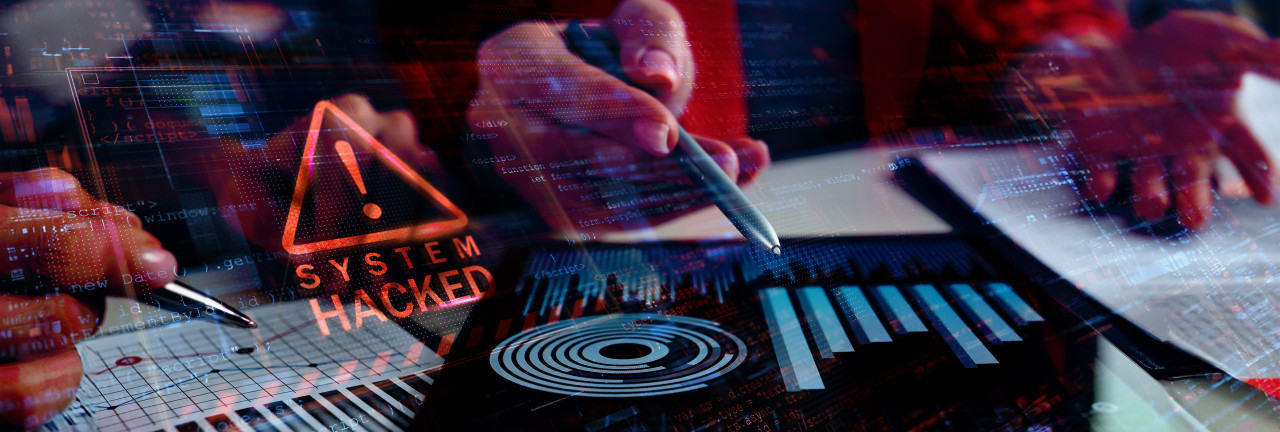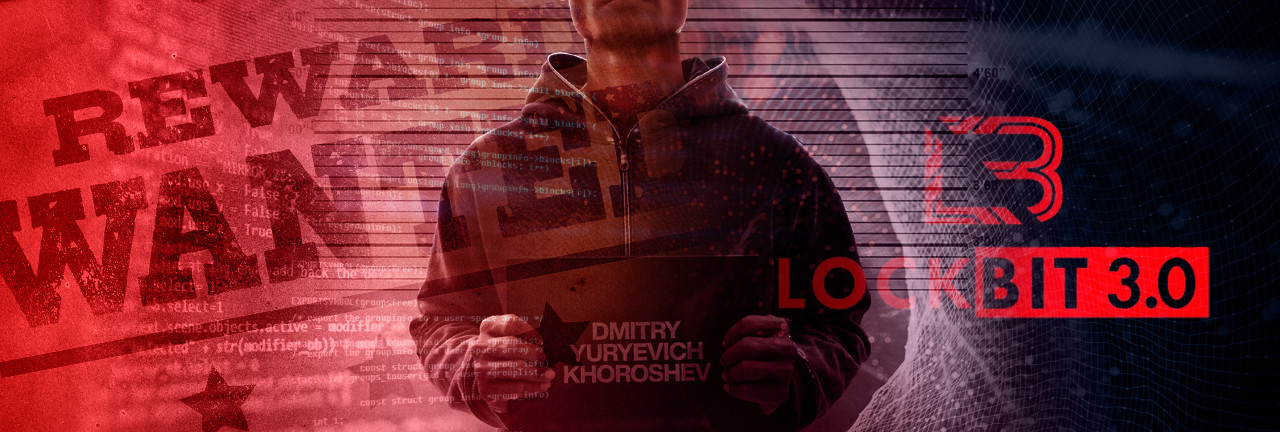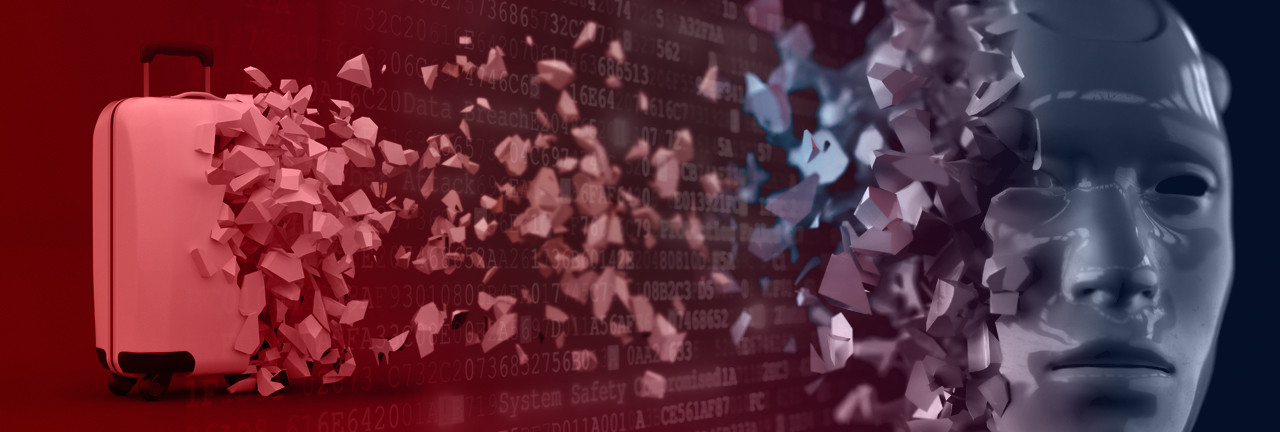Organisations' demands of their IT infrastructure continue to evolve at an unprecedented rate, with the drive for growth and innovation needing to be balanced against the need to maintain cost control, visibility, and - crucially, cyber security. Numerous solutions have emerged in response to these challenges, but one of the most pivotal questions organisations must answer is whether to host their critical data and applications on-site, or in the Cloud. Let's explore the respective advantages and disadvantages of both approaches, and then consider whether the increasing sophistication of modern workloads demand a new approach...
Microsoft Teams has rapidly established itself as the default tool for professional communication and collaboration, powering interconnected workflows in the era of hybrid working. However, the way licensing for Teams works with your wider Microsoft ecosystem is about to change, which means it is essential that you establish how your licensing arrangements will be affected and take steps to maintain the levels of performance and cost-control you depend on.
Car dealerships have been brought to a standstill across the United States after a software provider was hit by a ransomware attack.
Newly-released research indicates that ransomware attacks reached a record high in May, with the surge primarily fueled by a massive increase in the number of attacks perpetrated by the LockBit ransomware group and its affiliates.
Digital transformation continues to pick up pace across the financial sector. However, in spite of the potential benefits on offer, many insurance firms continue to lag behind their peers in terms of their overall digital maturity.
With £4.2 billion set aside for the UK's healthcare sector in the 2024 Spring Budget, there are new opportunities for digital transformation initiatives to optimise operational efficiency and enhance patient care across the country, provided they are correctly acted upon. Ultimately, the goal is to save £3.5 billion over the next five years by making things more efficient, in line with the NHS Long-term Workforce Plan. Simple, right? Well, yes and no…
What's happened? Recorded Future has reports that the British Government is proposing sweeping change in its approach to ransomware attacks.
We make payments, large and small, every day of our lives. From paying our bills and making payments to friends online, to the large-scale bank transfers that help business flow. Money changes hands through a wider range of channels and platforms than ever before, to the extent the days of cash-in-hand being the default payment model are a fading memory for many of us. The convenience and flexibility can't be disputed, but as with any emerging technology, the new flows of data must be given careful consideration, ensuring businesses and customers alike can rest assured that their money will remain secure throughout every stage of every transaction.
Security agencies in the United States have issued a new warning about the Black Basta ransomware group, in the wake of a high-profile attack against the healthcare giant Ascension.
Do you know Dmitry Yuryevich Khoroshev?If you do, there's a chance that you might well on the way to receiving a reward of up to $10 million.Law enforcement agencies across the US, UK, and Australia have named Dmitry Yuryevich Khoroshev as the mastermind behind the notorious LockBit ransomware group, estimated to have extorted $500 million from companies worldwide.
Although the sector as a whole has traditionally been comparatively wary of the ever-increasing pace of technology, legal services are increasingly data driven, with an abundance of AI-related discussion emerging within legal technology circles. The core Document Management Systems (DMS) and Practice Management Systems (PMS) remain the centre of focus for how and where to deploy a variety of rapidly maturing SaaS platforms, or dedicated, highly customised suites.
The international hotel chain Omni Hotels & Resorts has confirmed that a cyberattack last month saw it shut down its systems, with hackers stealing personal information about its customers.In the aftermath of the attack, hotel guests reported that they had been forced to check in on paper, that room keys didn't work, and all phone systems and Wi-Fi were offline.












